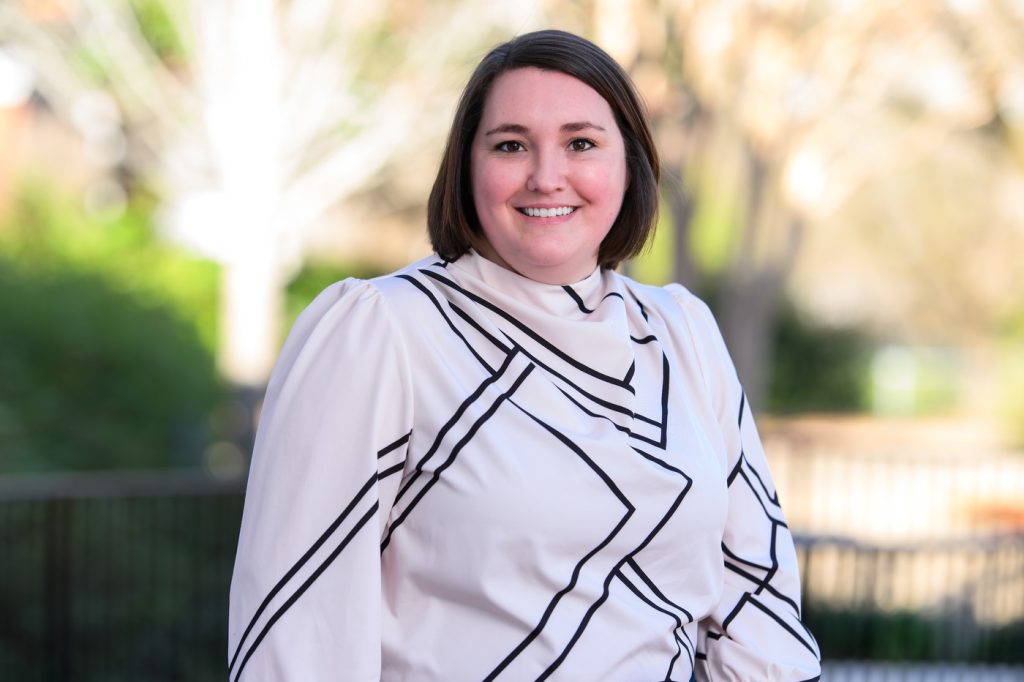Meet the Auburn University RFID Lab’s VR team! Based in one of the lab’s off campus locations (nicknamed the Little Lab), the VR team’s main focus is to successfully combine RFID sensors and virtual reality to create a seamless transition from the real world to the virtual. The Buzz team sat down with a few members of the VR team on Monday, July 1st and got some exciting information on their current projects.
The RFID Lab VR team was first created right after the COVID-19 pandemic shut down regular lab operations in 2020 and their first project was creating Lab Tour, a virtual tours of the lab when in-person interactions were not possible. The lab’s original goal for creating Lab Tour was a success, but the team was quick to work towards ideas for the future.
The second focus for the VR team was to create a virtual reality that could be used in the lab to represent RFID waves in a visual way that did not exist beforehand. Now, the team is not only working on content for people who cannot physically visit the lab, but has plans to include enhancing in-person lab tours by incorporating the VR technology into our existing demonstrations. Lab director Justin introduced the idea of turning Lab Tour into a multiplayer experience, but there was not an easy answer for this request. “One of the biggest issues that Lab Tour ever faced was transitioning from a single player project to a multiplayer project,” said Team Lead Harper. The creation of single player and multiplayer VR systems are two very different experiences so the team had to face some trial and error over the course of this entire project. Even though it was a tedious process, the team made the shift successfully and is now working to fine tune their projects to create an exciting environment for the lab’s VR users.
With many new projects and ideas on the horizon, the VR team shared some of the most important points they have learned over their differing times at the lab. A popular answer for this question was that it was very important for the team to create the most visually appealing VR possible. A big goal of the team is to “wow” visitors of the lab and an important aspect of that is the visual soundness of their technology. When asked about adjusting to new technology and the VR world in general, team member Daniel felt that “It took quite a lot of studying and being guided through what we already had to make adjustments without messing anything up.” This team works in a uniquely hands-on environment every day that changes with the needs of the lab and the projects they are currently working on. This learning experience includes gaining new information on coding, 3D animation, new software and hardware systems, and answering the question of what will draw consumers into the VR demonstrations of the lab’s RFID process.
The VR team is looking forward to the work they will be doing in the future, one of their main projects being the creation of a new and improved Lab Tour. The original Lab Tour was a huge success for not only the VR team, but the lab as a whole. It is with that knowledge of how useful Lab Tour was that the team wants to create a new and improved system that will further aid the lab in any way possible. The team will take a sanded down version of the original VR technology and meticulously change and improve different aspects. This “RF Playground” will be built from the ground up by the lab’s VR team, and will feature the best parts of past systems with the incorporation of exciting new ventures.
The team is excited at the prospect of this new project and how they will be able to incorporate their hard work from previous projects into future endeavors. The team cannot wait to get new programs up and running so more people can gain hands-on learning experience with RFID technology.











